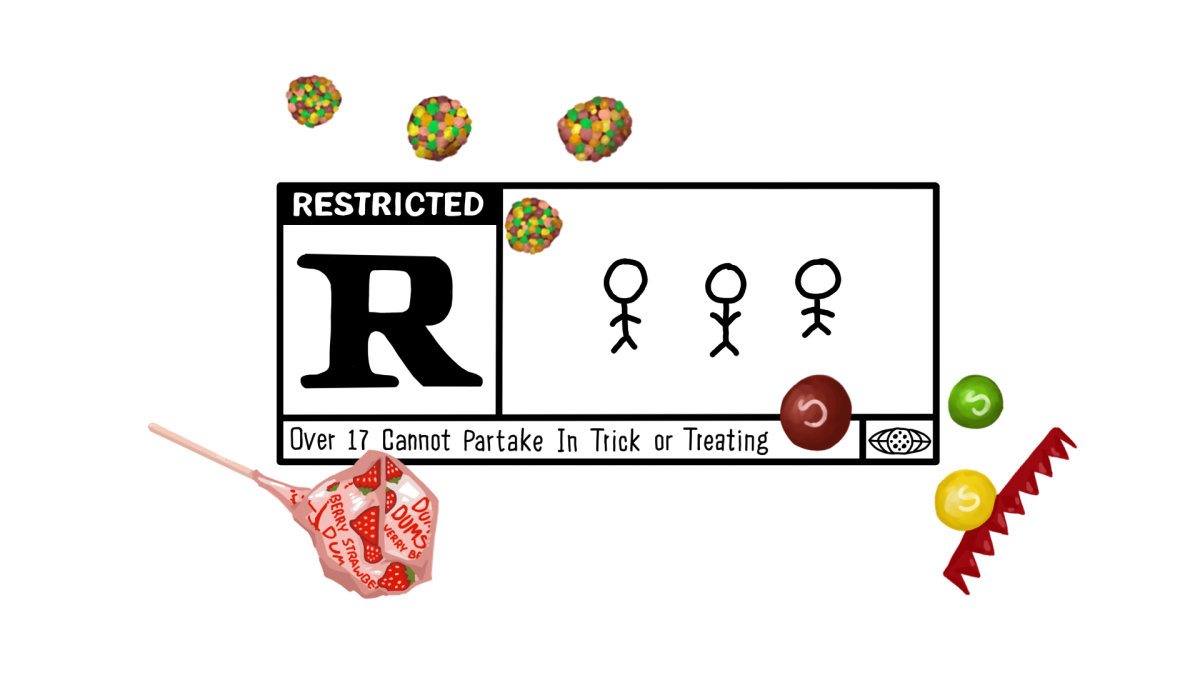Many people on social media are familiar with the phrase, “very demure, very mindful,” which, popularized by newly viral TikToker Jools Lebron in August, has quickly taken over the internet. Demure is defined as being shy, reserved or mild-mannered, and is usually used to describe women.
“See how I do my makeup for work? Very demure, very mindful,” Lebron said in a video displaying her work-appropriate makeup look. “I don’t come to work with a green-cut crease. I don’t do too much, I’m very mindful when I’m at work.”
The rapid spread of the “demure” audio occurred seemingly overnight. From cooking videos to outfit checks, influencers and creators have hopped on the trend, hoping to piggyback off of its popularity.
This phenomenon is not new; it seems that every week, a new background audio, whether a song, funny sound or a quote, is trending. But often these new trends die as soon as they spring up — and “demure” has quickly gotten old. For one, the audio is very distinct and becomes irritating when heard repeatedly, as opposed to, say, a song. Also, the fact that it became so ubiquitous quickly points to the unoriginality of thought promoted by social media algorithms and general culture. It is as if people cannot think for themselves.
Just a few weeks ago, it seemed like everyone was leaning into the idea of “brat summer” (after British singer Charli XCX’s latest album, “Brat”). The polar opposite of the demure trend, brat summer was about unapologetic individuality, boldness and excess — in essence, a sort of rebellion against social norms. However, as soon as the next trend took over, promoting a completely different mindset, everyone flipped without even stopping to think about it, almost like “brat” never happened. It begs the question, how much influence do we let social media exert on our lives — even down to how we think? The answer appears to be a lot.
More than that, the idea of being demure can be misconstrued. Lebron, who started the trend, explained that she considers “demure” a mindset that involves being mindful and respectful of one’s conduct in different situations. In some ways, she uses it ironically, as if reclaiming the term from people who might have told her that she, as a trans woman, is not “demure.” However, without context, the term could be interpreted as looking down upon those who embrace being bolder with their self-expression. Moreover, this misinterpretation could plant a problematic mindset, given how social media can influence how we think.
Overall, the “demure” trend that has taken over social media by storm is not appreciated by all. It has revealed people’s tendency to mindlessly follow trends and besides that, it is just kind of annoying to hear it over and over. But like all other trends, for better or for worse, “demure” will probably run its course and people will move on to the next big thing.





















